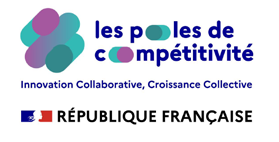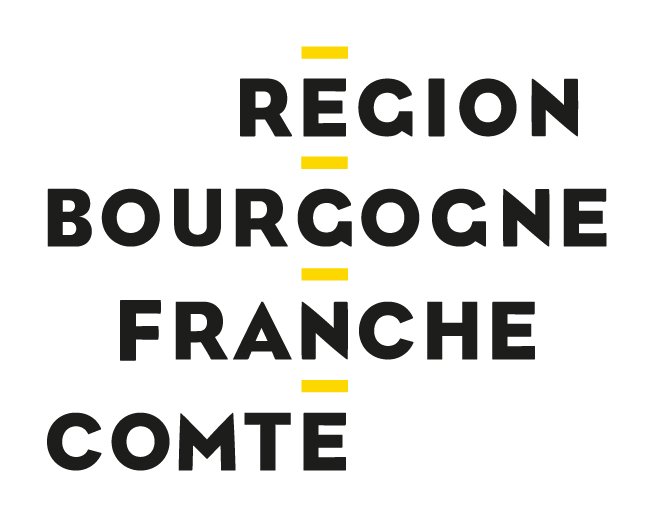19 Jul 2019
Fermented products: a strong trend in French food markets

If you are paying attention to food trends like we do, you are very likely to have seen a lot of press devoted to consumer interest in fermented foods and beverages. This is no surprise as the fermented food and ingredient market is projected to grow from $512.19 billion in the year 2018 to $689.34 billion by 2023, growing at a CAGR of 6.12% from 2018 to 2023. While the trend is visible across the globe, in 2018 Europe led the way in terms of revenue generated from fermented food and ingredient market. Where does this interest come from? What opportunities are there for you in French markets?
Tradition meets innovation
Fermented foods are of course a part of the traditional savoir-faire in many countries, using varied ingredients and with a wide range of tastes and forms. Tapping into this rich heritage, agri-food businesses are putting fermented products back in fashion, enchanting consumers with innovations on both the familiar and the exotic.
Yoghurt is a prime example of the renewed interest in fermented foods. In 2012, the annual consumption of yoghurt per person in France was 33kg, compared to only 7kg in 1980! However, fermented products are more than just basics such as yoghurt. In 2017, France was the country where the largest number of fermented products were launched with products entering French kitchens through new forms or new consumption patterns. Both ingredients and accessories needed for the fermentation process have started to show up meeting two current trends: fermented products and home-made food.
French markets have also seen the launch of new twists on the familiar – a detox drink based on sauerkraut, plant-based cheeses, and a plethora of variations on yoghurt drinks. However, many new products are also from less familiar Asian or eastern traditions, such as kefir, kombucha (bitter tea-based beverage), kimchi (Korean vegetable-based dish, mainly cabbage), or even tofu. Many of these products have the added advantage of being plant-based alternatives to dairy or animal products, coinciding with another key trend.
On the side of beverages, milk or fruit-based kefir, kombucha, hydromel are all appearing in French shelves… These products are combining new taste sensations and probiotic benefits for gut-health and immunity. Home-made drinks are also on the rise with the Karma brand launching a range of kombucha (pomegranate, raspberry, lemon), or fruit-based kefirs (elderflower, fig etc.). The start-up Jubiles is also developing home-made kombucha with varied flavours (apple-turmeric, lime-mint, maté).
Well-being, health, back to the roots: how to explain this trend?
Despite the obvious interest in fermented foods, it appears that fermentation is a concept that French consumers have some difficulty with. According to a 2018 study by Nutrimarketing, only 27% of the respondents declared that they consumed fermented products, despite the fact that cheese, bread and wine are staples of the French diet! The study further showed that the word “fermenté” “(fermented” in French) had a negative connotation as it is associated with food that is off and inedible. However, the words “ferment” (starter culture) and “fermentation” (fermentation) have a positive connotation associated with the health and taste benefits of the trend.
And for consumers the main interest in fermented products is, of course, health. Try Googling “fermented products” and you will see thousands of results coming up talking about “healthy digestion”, “health benefits”, “good immunological effects”, “fat regulation” etc… As an example, according to 96% of French people, yoghurts contribute to a balanced diet and provide the required quantity of calcium for bone health. This makes for a very interesting marketing strategy for your fermented products, provided you can obtain the necessary health claims!
Beyond health virtues, another explanation for this trend is about getting “back to our roots”. Fermented products have been part of many traditional cultures throughout the ages: cheeses, yoghurt, bread, wine, vinegar, sausages, pickled vegetables, and beverages in many forms and flavours. It is believed that people have known how to use fermentation processes for more than 8000 years. The current trend allows consumers to enjoy a renewed link with ancestral and traditional practices and foods.
A need of understanding: Vitagora is at your service
Despite the empirical aspect that can be attractive for some consumers eager for traditions, it is crucial for agri-food professionals to better understand and control the fermentation processes and their outcomes: isolating and producing the right microbial strains, better efficiency in production, quality assurance, food safety, real data to support health claims etc… Within the Vitagora network many leading laboratories, both public and private, are actively working on how fermentation can positively impact both food quality and consumer health. If you are in need of leading expertise on this subject, contact me: Anne-Céline Renaud, International Partnership Manager – anne-celine.renaud@vitagora.com




 Home
Home
















Share your opinion